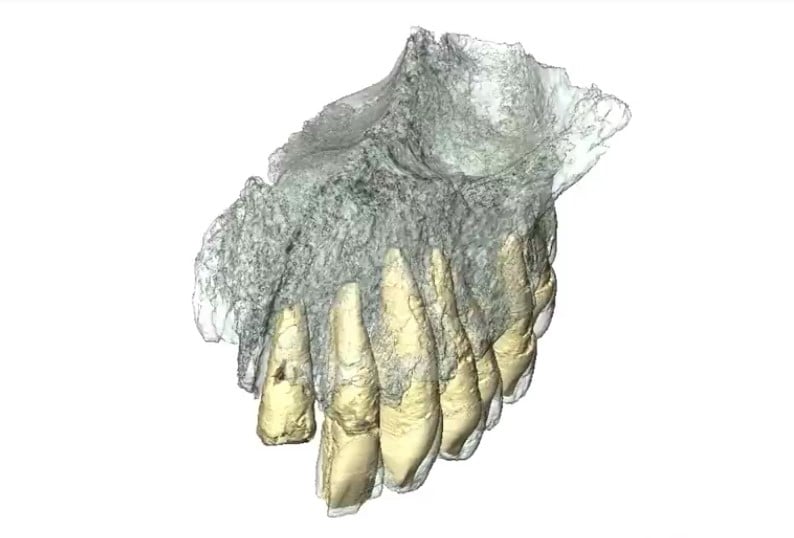The oldest human fossils discovered to date have been discovered outside Israel, which calls into question our understanding of humanity’s migration from Africa.
Oldest Human Fossils
For quite some time, there has been a high amount of uncertainty regarding when exactly Homo sapiens left Africa and moved out into the rest of the world to become the most dominant species. The moment that early humanity left Africa was the first step on the path towards the creation of our modern world, and it appears that a discovery by researchers in Israel has called into question our understanding of the timeline surrounding this event.
For years, the consensus among archaeologists was that humanity first migrated away from Africa around 60000 years ago, but the oldest human fossils ever discovered were recently found in Israel and date somewhere between 177000 and 194000 years old – indicating that humans left Africa long before we initially expected.
The research surrounding this discovery was published today in the journal Science, and builds on some other fossils we’ve found of humans from caves in the region. If the dating of the oldest human fossils turns out to be correct, our timeline for the evolution of humanity could be pushed back several hundred thousand years.
The Smithsonian reports that the hinges of the partial jawbone and teeth of an ancient human were discovered in Misliya cave, which is part of a long line of prehistoric settlements in the Mount Carmel area in Israel. Accompanying the oldest human fossils were burnt flints and other tools, which reinforces the idea that the remains are human rather than ape.
Study Implications
Mina Weinstein-Evron, a researcher from the University of Haifa and one of the authors of the paper, told the Smithsonian that “When we started the project we were presumptuous enough to name it ‘Searching for the origins of modern Homo sapiens…Now we see how right we were to give it such a promising title…If we have modern humans here 200000 years ago, it means evolution started much earlier, and we have to think about what happened to these people, how they interacted or mated with other species in the area.”
In an interview with the Smithsonian, Michael Petraglia, an anthropologist at the Max Planck Institute for the Science of Human History who was not involved in the study, stated that “It’s just jaw-dropping, no pun intended, in terms of its implications…This find is telling us that there were probably early and later movements out of Africa. We may have gotten out of Africa and into new environments, but some populations and lineages may have gone extinct repeatedly through time.”
In simpler terms, it’s possible that the oldest human fossils aren’t actually from a direct descendent of modern humanity, and may have been an early form of human that went extinct or proceeded to mate with Neanderthals or other hominins in the area.
While these oldest human fossils may not be modern humans in the purest sense of the word, they still call into question our idea of the origins of humanity and the timeline on which we evolved. The implications of finding the oldest human fossils that date back far earlier than intended opens up a whole new avenue of research that may redefine our understanding of the beginnings of modern society.





